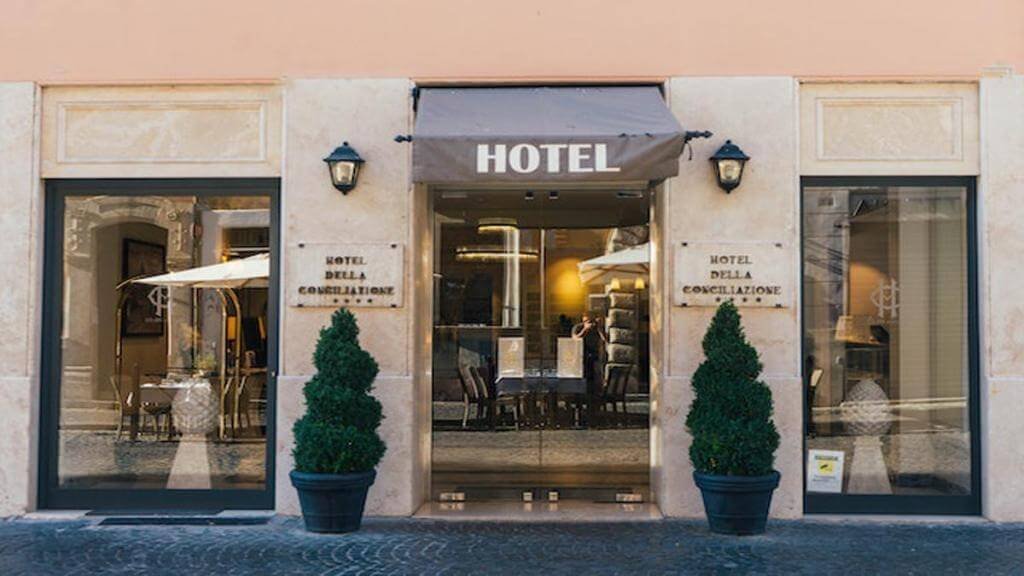Hotels serve as vital hubs for travelers seeking comfort and convenience during their journeys. Like any business, hotels face various risks and uncertainties that could lead to financial loss or even the closure of the establishment. Comprehensive insurance is crucial to safeguard their operations, helping to ensure a secure future. Consider these five compelling reasons why hotels should invest in insurance coverage.
Table of Contents
Protection against Property Damage and Loss
Hotels are vulnerable to natural disasters, such as fires, floods, or earthquakes, which can cause severe damage to the property and its assets. Without insurance, the costs of repairing or rebuilding the hotel would fall entirely on the establishment’s owners, leading to substantial financial burdens and potential bankruptcy. With the right insurance policy, hotels can obtain coverage for property damage and loss, providing financial assistance during challenging times and helping them bounce back faster.

Liability Coverage for Accidents and Injuries
Hotel insurance covers injured guests due to the potential risks and accidents that can occur on their premises. As establishments that accommodate numerous individuals from diverse backgrounds, hotels are susceptible to various incidents, including slips and falls, trips, or other accidents. If a guest sustains an injury while staying at the hotel, they may hold the establishment responsible and seek compensation through legal action. Liability insurance offers protection against such claims by covering the hotel’s legal expenses, medical costs, and potential settlements or judgments.
Without this insurance coverage, hotels could face significant financial burdens and damage to their reputation, leading to potential losses in business and customer trust. Liability insurance shields hotels from unexpected and costly legal disputes and demonstrates a commitment to guest safety, fostering a positive image and instilling confidence in potential customers. By having liability insurance in place, hotels can focus on providing exceptional hospitality experiences while being prepared to address any unforeseen accidents with financial security.
Business Interruption Protection
Hotels need business interruption insurance to protect themselves from the financial repercussions of unexpected disruptions to their operations. Hotels are vulnerable to various events that could halt or impede their ability to operate, such as natural disasters, fires, power outages, or civil unrest. During these periods of forced closure or reduced capacity, hotels can experience a significant decline in revenue, leading to financial strain and potential business closure.
Business interruption insurance provides a safety net by compensating for lost income and ongoing expenses during the period of interruption, allowing hotels to maintain financial stability and continue paying essential bills, such as payroll and rent. This insurance coverage is particularly crucial in the face of prolonged closures, such as those experienced during global pandemics, enabling hotels to navigate these challenging times and emerge stronger on the other side.
Safeguarding Against Cyber Risks
In today’s digital era, hotels heavily rely on computer systems and data storage to manage reservations, customer information, and financial transactions. With this reliance comes the risk of cyberattacks and data breaches, which can severely damage a hotel’s reputation and result in financial liabilities. Cyber insurance helps hotels mitigate these risks by providing coverage for data breach response, legal expenses, and potential customer compensation.
Employee Protection and Workers’ Compensation
Hotels employ numerous staff members to ensure smooth day-to-day operations. In the event of employee injuries or illnesses, workers’ compensation insurance offers financial protection for medical expenses and lost wages. Moreover, hoteliers can provide additional coverage options, such as life and health insurance, to demonstrate their commitment to their employees’ well-being, fostering a positive work environment and retaining talented staff.
Conclusion
For hotels, obtaining insurance is a strategic decision that helps safeguard their assets, financial stability, and reputation. From protecting against property damage and liabilities to ensuring business continuity during disruptions and providing essential coverage for employees, insurance is a vital safety net for hotels. By investing in comprehensive insurance policies, hotel owners can focus on delivering exceptional experiences to their guests while confidently navigating the uncertainties of the hospitality industry.


